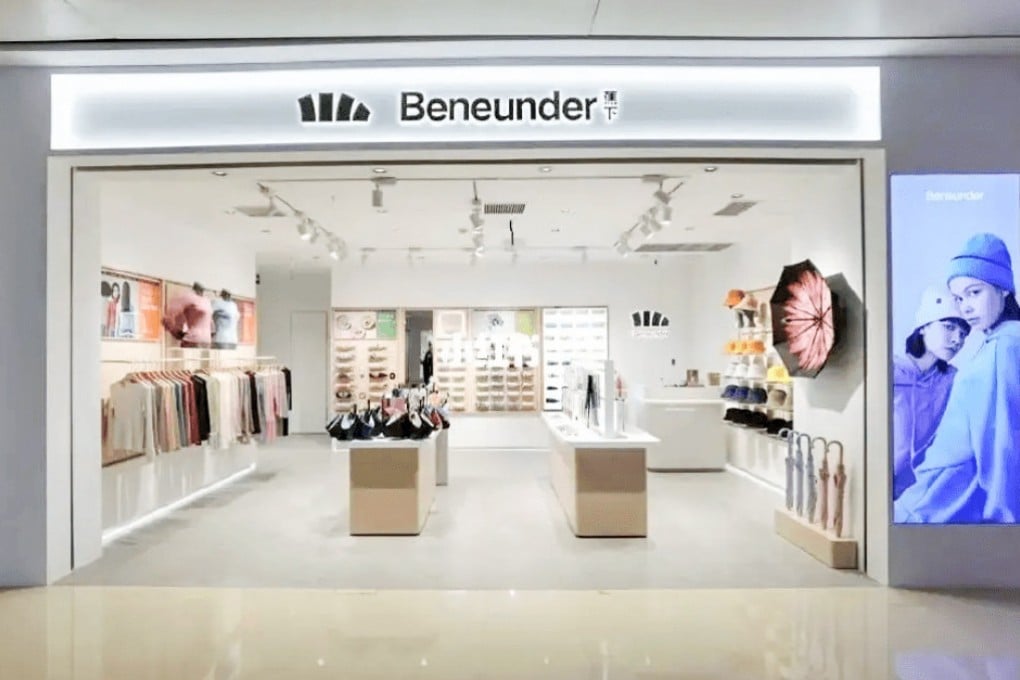Outdoor gear retailer Beneunder sparks ire of Communist Party mouthpiece People’s Daily as it seeks Hong Kong IPO
- In a rare move, the newspaper accused the outdoor gear retailer of wasting revenues on advertising at the expense of profit
- Some analysts believe the company’s use of online influencers to market products may be behind the scathing critique

An article in the People’s Daily, the mouthpiece of the Chinese Communist Party, recently questioned a company seeking to list its shares in Hong Kong, a rare move that has baffled some analysts and may affect the firm’s chances of a successful IPO.
The Post has approached Beneunder for comment.
Shenzhen-based Beneunder, which started out in 2013 producing umbrellas for protection against the sun, recorded revenues of 2.41 billion yuan (US$359 million) in 2021, up 67 per cent year-on-year, and delivered an adjusted profit of 136 million yuan.
“It is unclear why a mouthpiece media [outlet] commented on one particular company waiting for listing like this,” said Jeffrey Chan Lap-tak, a founding partner at Oriental Patron Financial Group, a Hong Kong-based firm. “Having light assets and paying a lot on branding seems more than common among current new-economy firms at an early stage to boost their presence.”